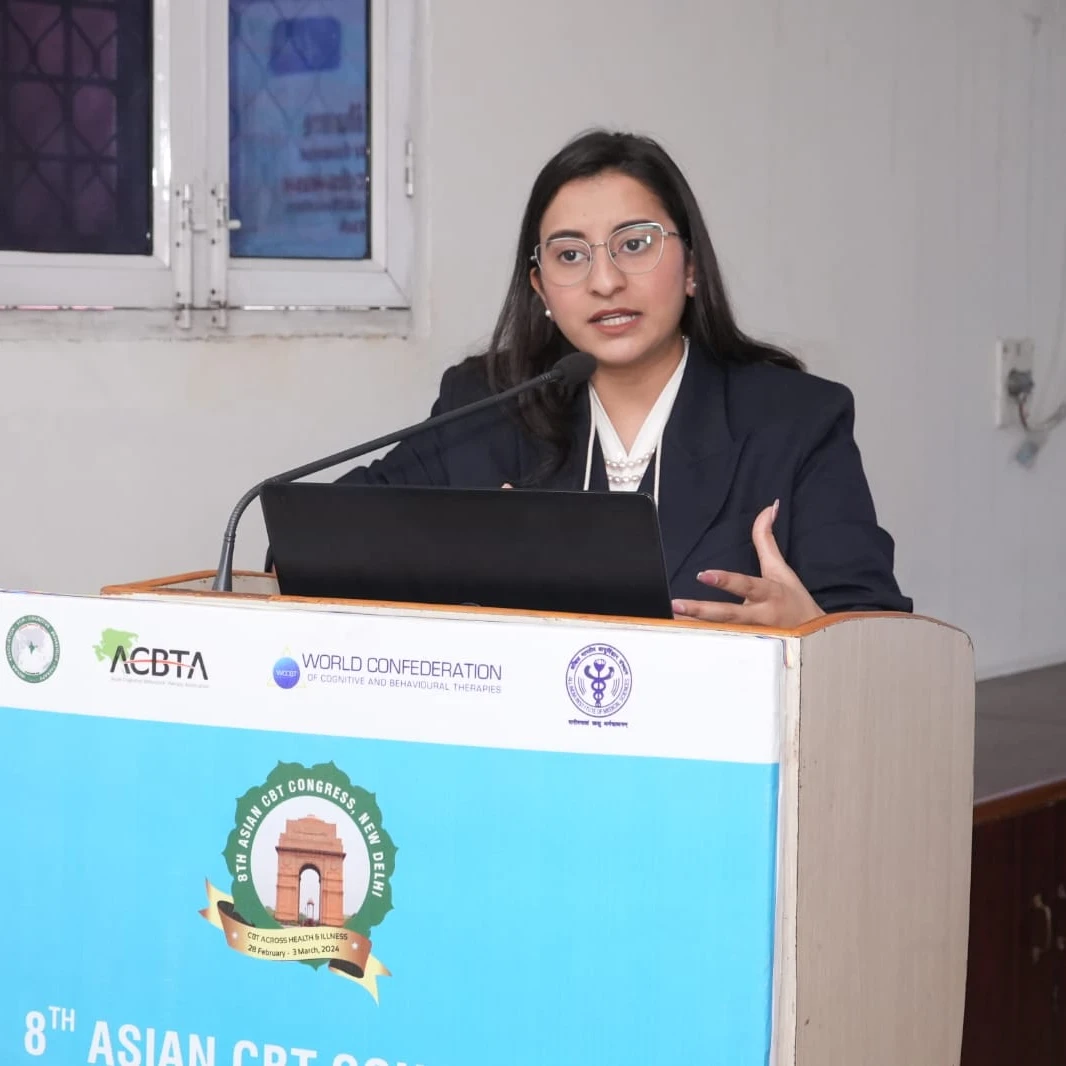Child mental health is a critical yet often overlooked aspect of a child’s development. Mental health disorders in children can have long-lasting effects on their emotional, social, and academic growth. These disorders range from anxiety and depression to ADHD, autism, conduct disorders, and PTSD, with each condition manifesting in different ways. While childhood mental health is influenced by genetic, biological, and environmental factors, early identification and intervention are key to preventing more severe issues later in life. However, in countries like India, where awareness is still growing, many child mental health conditions remain underdiagnosed and untreated.
In India, the prevalence of mental health disorders in children is estimated at 10-12%, with anxiety and depression being the most common. Urban children are particularly vulnerable due to academic pressures, family expectations, and exposure to social media. However, mental health issues are often underreported due to societal stigma, lack of awareness, and limited access to mental health professionals, especially in rural areas. Cultural beliefs and educational pressures further hinder proper diagnosis and intervention. Children from disadvantaged backgrounds also face higher rates of conduct disorders and substance abuse, exacerbated by inadequate support systems.
Efforts to improve child mental health in India include government initiatives like the National Mental Health Program and the Mental Health Care Act, 2017, which aim to expand services and raise awareness. Schools are also incorporating mental health education and programs focused on resilience and coping skills. Additionally, digital platforms for telemedicine and online counseling are improving access to mental health care, particularly in remote areas. While challenges remain, these steps offer hope for better mental health support for children across India, emphasizing the importance of early intervention and a holistic approach to mental well-being.




